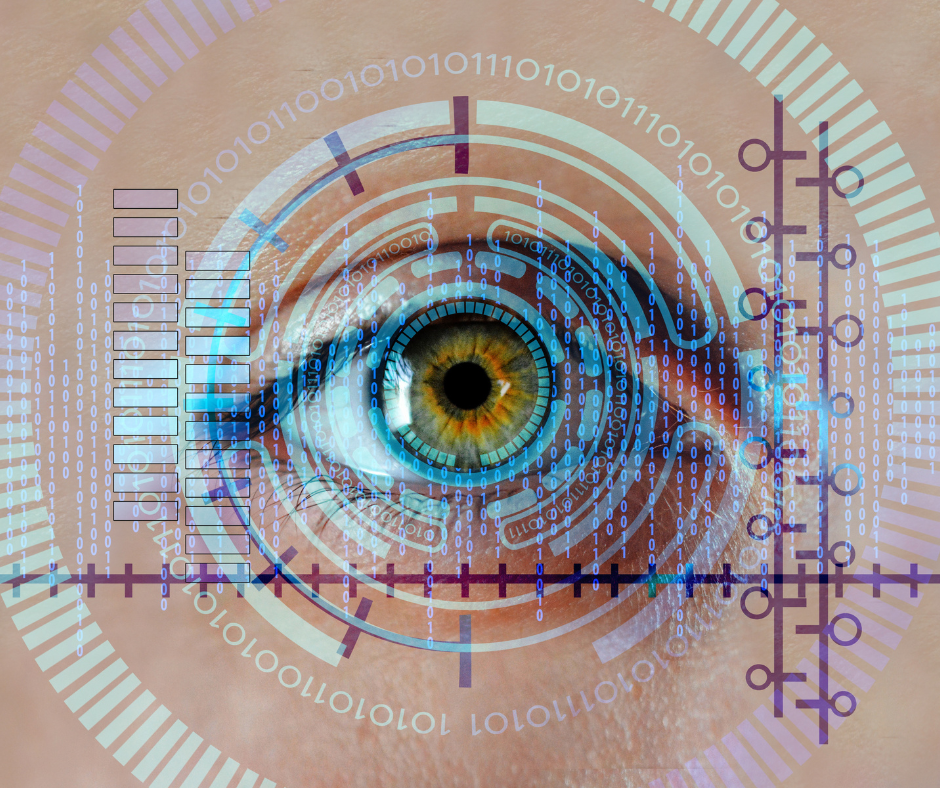How Genetics Plays a Role in AiArthritis Diseases
Genetics play a crucial role in determining the likelihood of developing rheumatic diseases, which typically affect the joints, muscles, and connective tissues. This article seeks to clarify how your genetic composition can influence your risk of acquiring these conditions.
What Is Genetics?
Genetics is the scientific study of how traits such as eye color and height are inherited from parents to offspring.
These traits are dictated by genes, tiny instruction units within your cells.
- Genes: Segments of DNA that carry information about specific traits.
- Human Genome: The complete set of DNA in a person, encompassing all genes.
- Chromosomes: Structures within cells that contain DNA. Humans have 23 pairs, one from each parent.
How Genetics Influences Disease
Genes can undergo changes or mutations that increase the likelihood of developing certain diseases. In the case of rheumatic diseases, it’s typically not a single gene but a combination of several genes working together, often influenced by environmental factors, that heighten the risk.
- Genetic Mutations: Alterations in genes that can lead to diseases.
- Environmental Factors: Elements like stress, diet, and pollution that also impact disease susceptibility.
Types of Genetic Conditions
Rheumatic diseases can be classified into two main genetic categories:
- Monogenic Conditions: Caused by a mutation in a single gene. Possessing this gene often means you will develop the disease. Example: Certain rare types of lupus.
- Polygenic Conditions: Involve changes in multiple genes. These genetic variations increase the risk but do not guarantee disease development. Example: Juvenile idiopathic arthritis (JIA).
The HLA-B27 Gene
The HLA-B27 gene is particularly noteworthy. About 10% of healthy individuals carry this gene; however, only a small fraction will develop conditions like axial spondyloarthritis, which affects the spine.
- If you have HLA-B27: Your risk of developing certain rheumatic diseases is elevated.
- If a parent has HLA-B27: There’s a 50% chance of passing it to their child, but only a small percentage of those children will develop the disease.
Genetic Testing: Is It Worth It?
Genetic testing can identify genes that elevate disease risk, but it requires careful consideration.
- Pros: Helps in understanding your risk and planning for your health.
- Cons: May cause anxiety, especially if results are ambiguous.
Genetics and AiArthritis Diseases
Autoimmune and autoinflammatory arthritis diseases arise when the immune system mistakenly attacks the body. Genetics can significantly influence the development of these diseases, but having the genes doesn't necessarily mean you will get sick. Often, it is a combination of genetic and environmental factors that leads to these conditions.
Future Directions in Genetic Research
Scientists continue to explore how genetics affects diseases, with the goal of developing better treatments. Future medications might target specific genetic pathways to treat rheumatic diseases more effectively.
Key Takeaways
- Your genes can impact your likelihood of developing rheumatic diseases, but they are not the sole factor.
- Both genetic and environmental factors (such as stress and diet) play a role.
- Understanding your genetic risk can help you and your family make informed health decisions.
This resource post was created from videos our
"Go With Us!" to Conferences program.






